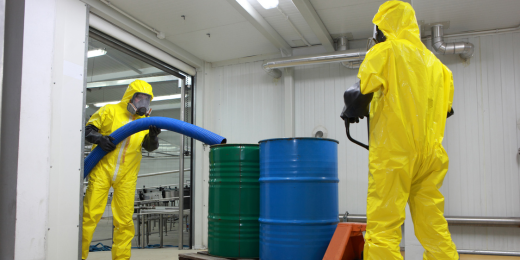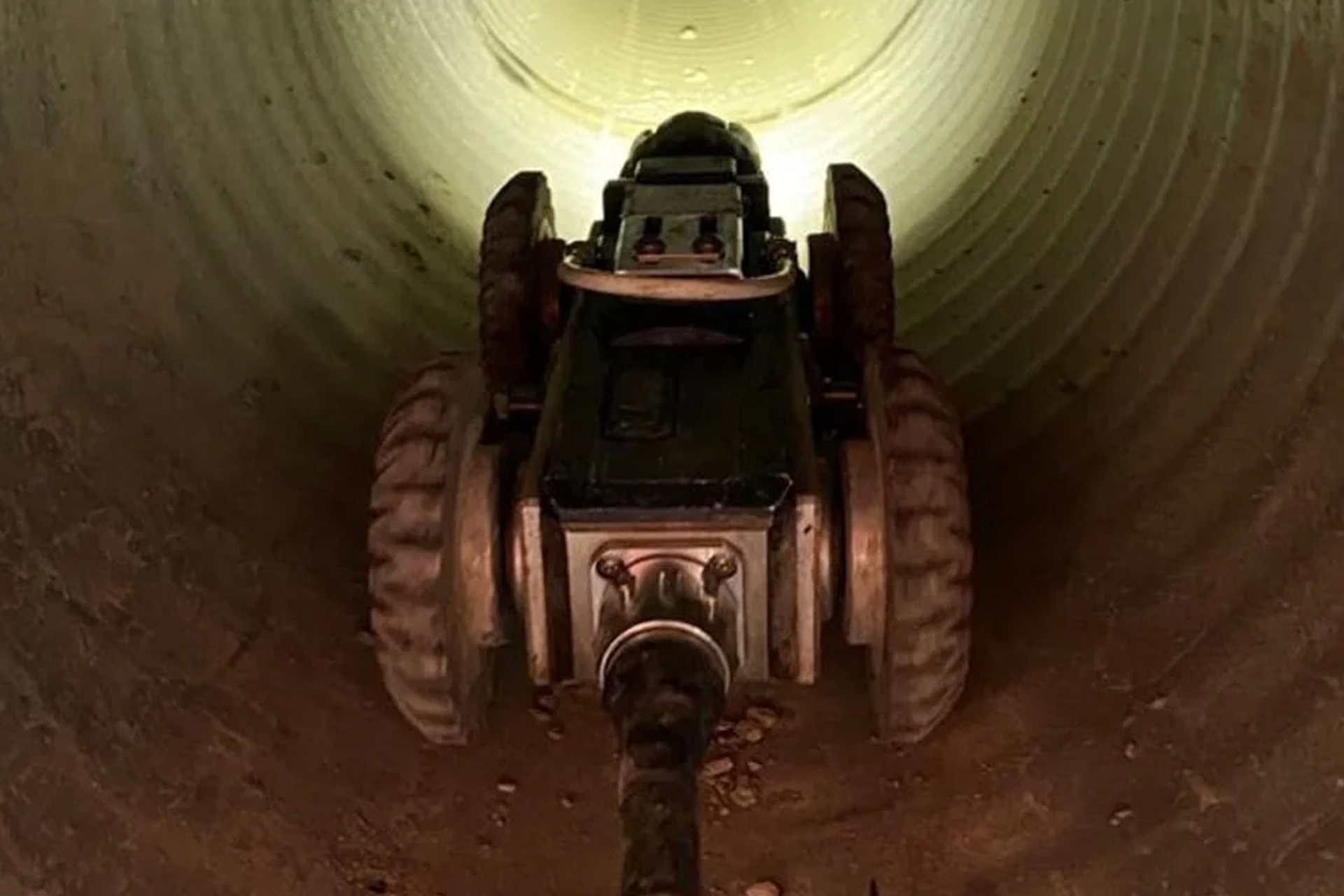Facts About Reclaim Waste Revealed
Facts About Reclaim Waste Revealed
Blog Article
The 9-Minute Rule for Reclaim Waste
Table of ContentsRumored Buzz on Reclaim WasteAn Unbiased View of Reclaim WasteReclaim Waste for BeginnersReclaim Waste Can Be Fun For AnyoneThe Main Principles Of Reclaim Waste
Explore the types, events, and kinds of fluid waste. Residential sewage waste describes the waste and products from a household septic container. This kind of waste is produced by humans in residences, colleges, and various other structures. This only consists of sewage-disposal tanks that have a drain field. The proper administration and disposal of residential sewage waste call for fluid waste to be transferred to a sewer therapy plant where the appropriate methods and devices are applied to detoxify and throw away waste.
Business waste commonly includes potential dangers, such as flammable products or a combination of liquid and strong waste items, and calls for an advanced and comprehensive disposal process. The disposal of business waste normally involves the purification of waste prior to transportation to make certain secure and correct disposal. Industrial waste is created from results and overflow of commercial procedures and manufacturing.
This type of waste can not utilize the exact same sewer management transport or processes as septic or industrial fluids. The industrial waste monitoring procedure needs the evaluation and testing of liquid waste before it undertakes the disposal procedure (industrial wastewater treatment). Drainage waste is the liquid waste that comes from drainage and excess stormwater in highly populated areas or cities
Overflow waste can create contamination and flooding otherwise taken care of properly. Discover more concerning sewage system cleaning and waste management. Making certain proper waste monitoring can avoid calamities and lower environmental damage. Both people in residential settings and experts in business or production industries can profit from understanding the processes and regulations of liquid waste monitoring.
Reclaim Waste Fundamentals Explained
Contact PROS Services today to discover our waste monitoring and disposal services and the proper methods to care for the liquid waste you create.
(https://www.huntingnet.com/forum/members/reclaimwaste1.html)This so-called 'wastewater' is not only a crucial resource but, after treatment, will certainly be launched to our land, waterways or the ocean. Used water from bathrooms, showers, bathrooms, cooking area sinks, washings and commercial processes is known as wastewater.

water utilized to cool equipment or clean plant and tools). Stormwater, a form of wastewater, is overflow that moves from agricultural and metropolitan locations such as roofs, parks, yards, roads, paths and seamless gutters into stormwater drains, after rain. Stormwater moves neglected directly to local creeks or rivers, eventually getting to the sea.
Reclaim Waste Things To Know Before You Buy
In Queensland, most wastewater is treated at sewage treatment plants. Wastewater is transported from residential or industrial websites with a system of drains and pump terminals, referred to as sewage reticulation, to a sewer treatment plant. City governments build, maintain and operate most sewage therapy plants. Operators are licensed under the Environmental Defense Act 1994 to discharge treated wastewater at an appropriate ecological requirement into rivers.
The Division of Natural Resources suggests local federal governments concerning handling, operating and maintaining sewage systems and treatment plants. In unsewered areas, city governments might call for owners to install individual or home sewer treatment systems to treat domestic wastewater from commodes, cooking pop over here areas, washrooms and laundries. The Division of Natural Resources authorizes the usage of family systems when they are proven to be efficient.
In some brand-new neighborhoods, therapy of some stormwater to eliminate trash, sand and gravel has started utilizing gross pollutant catches. Wastewater therapy happens in four stages: Eliminates solid matter.
Makes use of little living organisms recognizes as micro-organisms to damage down and remove continuing to be liquified wastes and fine particles. Micro-organisms and wastes are included in the sludge.
7 Simple Techniques For Reclaim Waste
Nutrient elimination is not available whatsoever sewer therapy plants since it calls for expensive specialist devices. It is coming to be a lot more common in Queensland. Clear fluid effluent produced after therapy might still contain disease-causing micro-organisms. If this effluent is launched into waterways such as rivers or the sea, the micro-organisms will ultimately die out.

A lot of wastewater flows into the sewerage system. Under the Act, neighborhood governments administer authorizations and licences for environmentally pertinent activities (Ages) including wastewater launches that could have a local impact.
10 Easy Facts About Reclaim Waste Shown
Otherwise, examples are taken for research laboratory analysis. Usually several tests are required to develop the degrees of each of the various pollutants such as oils, hefty steels and pesticides in water. Surveillance supplies valid info about water quality and can verify that licence conditions are being fulfilled. The information acquired through surveillance gives the basis for making water quality choices.
Report this page